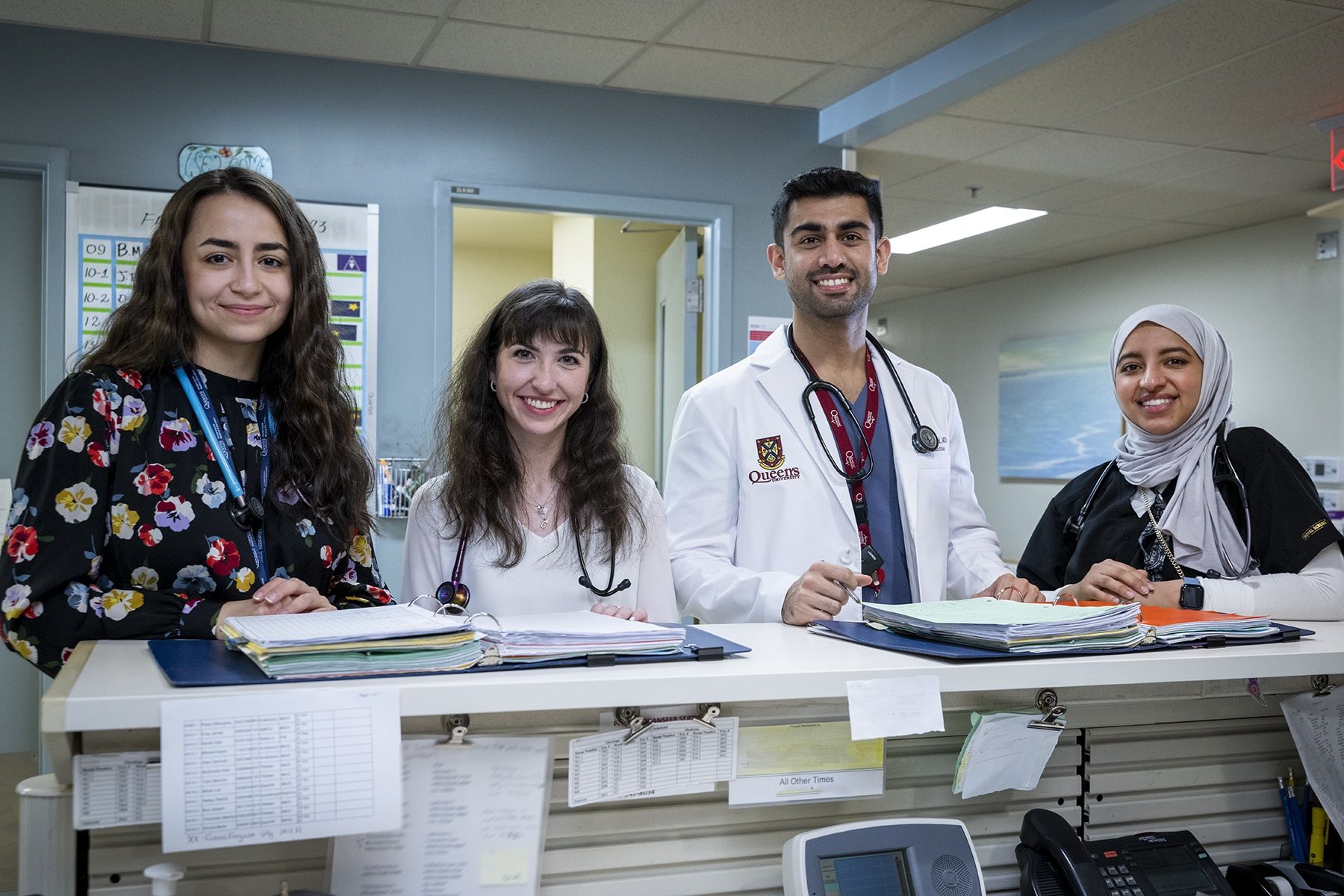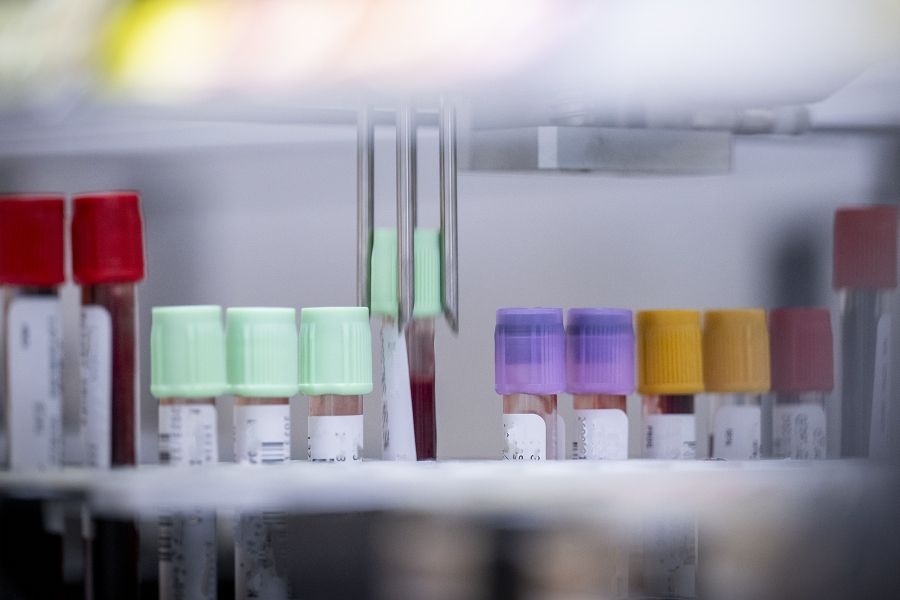
As one of Canada's leading academic hospitals, Kingston Health Sciences Centre (KHSC) plays a critical role in the country's health care system, not only providing advanced patient care but also fostering the education and development of future health care workers.
Each year, more than 2,000 health care learners, including medical students, residents, nurses, allied health practitioners, and technicians, join KHSC, gaining hands-on experience and knowledge from seasoned professionals.
“As an academic hospital, sometimes we hear from patients who don't want students involved in their care," says Chris Gillies, KHSC's Vice President of Medical and Academic Affairs and Co-Lead of the OHA's Education Committee. “I think patients need to be aware that learners dramatically improve the care we provide. Instead of being seen by one physician or one nurse, you get a whole interprofessional care team working together to care for you. These learners benefit from the most up-to-date training and have read all the most recent literature, so you can take comfort in knowing you're getting the best care available."
Aside from attracting the brightest minds in the country and training the next generation of health care professionals, academic hospitals like KHSC can further leverage their educational expertise to find innovative solutions to widespread pressures in the health care system.
KHSC is home to more than 2,000 learners each year and the hospital is demonstrating how it can leverage its educational expertise to address pressing issues in the health care system.
Enhancing skills and job satisfaction
Most large academic health science centres have simulation training labs that play a critical role in training medical teams. But how can simulation training be used closer to the clinical areas to increase participation, enhance job skills, and satisfaction?
“Earlier this year KHSC introduced a simulation-based training program at the bedside designed to provide staff with greater opportunities for professional growth and hands-on learning," says Tom Hart, Executive Director of Patient Care and Deputy Chief Nursing Executive at KHSC. “The program offers training with a focus on improving teamwork and job satisfaction. So far 426 people have completed the training, and they are reporting high levels of enthusiasm for the professional development and the technical skills they learned."
Specialized onboarding for international nurses
Internationally Educated Nurses (IENs) have become a vital source of recruitment for KHSC, bringing valuable experience and diversity to health care teams. However, integrating IENs into Canada's health care landscape poses unique challenges.
Recognizing this, KHSC launched a tailored orientation program this year that includes a dedicated educator, and a four-day orientation for IENs coupled with a structured 12-week New Graduate Guarantee Initiative (NGGI) orientation program. This initiative has shown impressive results, with a 38 per cent increase in retention of IENs and a 35 per cent reduction in extended learning plans.
Leading Canada's EEG Training with an Innovative Program
Responding to a nationwide shortage of Registered Electroneurophysiology (EEG) Technologists, KHSC has become one of only four hospitals in Canada to develop an accredited in-house training program. This new program is essential to ensure KHSC can continue to provide critical diagnostic services to the region, as well as train technologists to work elsewhere in the country. Offered in partnership with Queen's University, this proactive solution will help address the workforce gap, equipping technologists with the knowledge and skills they need to provide high-quality patient care.
Building knowledge and strengthening care
Through innovative programs and partnerships, KHSC is demonstrating how education can be used to solve some of the large issues facing the entire health care system.
“We've been able to demonstrate that education is critical solving core issues like staff recruitment and retention," says Hart. “Many health care workers are committed to lifelong learning, and we're demonstrating that academic hospitals like KHSC are dedicated to providing those opportunities."
And that dedication is not only benefitting staff, but also patients.
“A well-trained workforce contributes to better care and improved patient outcomes," says Gillies. “As hospitals continue to invest in education, we also reaffirming our role as leading knowledge centres, essential to the health and well-being of patients across Ontario."



